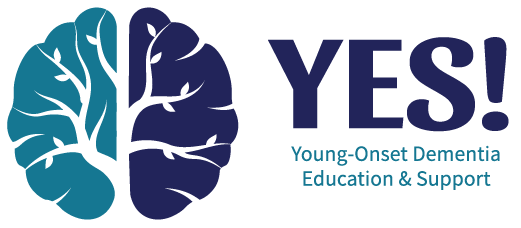What is Medicaid?
“Medicaid” is the term used to describe various Medical Assistance programs. There are many different types of Medicaid programs, including Autism Waivers, Traumatic Brain Injury Waivers, health insurance, and long-term care, among others. For simplicity purposes, the term “Medicaid” in these materials is intended to describe only Medical Assistance Long-Term Care benefits.
Medicaid is a jointly-funded, Federal and State, means-tested program that pays for the recipient’s long-term care. Medicaid is not the same as Medicare, which is an entitlement program, meaning everyone qualifies when they turn 65 years old.
What are the eligibility criteria for Medicaid?
There are three categories of Medicaid eligibility criteria: Technical, Medical, and Financial. Generally speaking, the Medicaid applicant must be disabled (as determined by Social Security) or over age sixty-five (65), in a nursing home that accepts Medicaid as a form of payment, and below certain income and asset limits. Only the income of the applicant—not the applicant’s spouse—is considered. Also, very different asset limits apply to a non-married applicant versus a married applicant. Certain assets are “countable” while other assets are “excluded” from consideration. Certain transfers of assets are permissible while other transfers would trigger a penalty period. The nuances of Medicaid eligibility are many and the rules vary from state to state. The critical importance of consulting with an elder law attorney versed in long-term care planning cannot be overstated.

